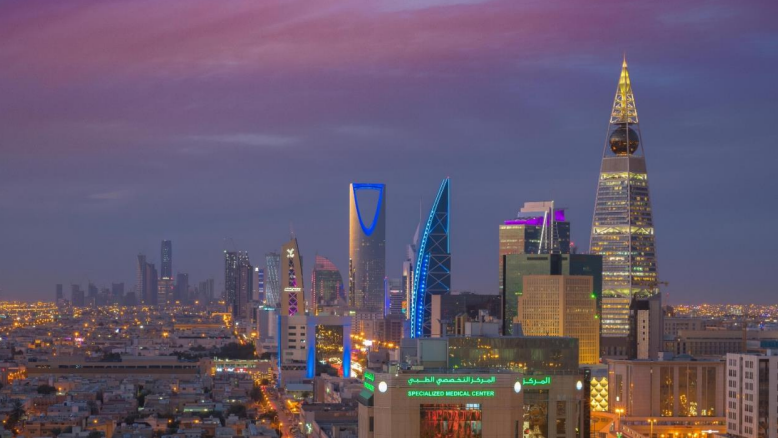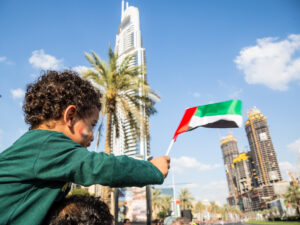Saudi Arabia business closures authorities have shut down 124 businesses in Riyadh following an intensive inspection campaign aimed at addressing public safety concerns. The sweeping crackdown targeted the densely populated Manfouha district and led to the seizure of thousands of unsafe products and the closure of multiple food outlets, according to reports from local officials.
Major Violations Exposed in Inspections
Municipal authorities revealed that the campaign uncovered a series of dangerous and widespread violations across different sectors.
Among the most serious offenses were:
- Rotten meat being sold to consumers
- Counterfeit tobacco products of unknown origin
- Expired personal care items placed on retail shelves
- Unhygienic food storage conditions that risk contamination
- Residential houses being converted into makeshift warehouses
Officials stressed that such violations pose a direct threat to public health and undermine consumer safety in the capital.
Penalties and Enforcement Actions
The Riyadh municipality confirmed that enforcement measures varied depending on the severity of the violation.
- Businesses found guilty of minor offenses received written warnings
- Others faced steep fines or outright closures
Authorities emphasized that businesses deemed to be endangering the public were immediately shut down.
“The violations we have seen pose a direct threat to public health,” the municipality said in a statement, underscoring the government’s commitment to safeguarding food security, consumer confidence, and urban well-being.
Use of Technology for Real-Time Monitoring
One of the most significant aspects of the campaign was the integration of technology to document violations. Municipal officials used digital tools to record infractions in real time, allowing authorities to conduct swift interventions and schedule follow-up inspections to ensure compliance.
This reflects the broader push in Saudi Arabia business closures toward smart governance and the adoption of technology-driven solutions to enhance oversight, accountability, and service delivery.
Community Complaints Triggered Crackdown
The campaign was partly prompted by a surge in consumer complaints filed through the “Madinaty” mobile app, which enables residents to report violations directly to authorities.
Citizens can upload photos and GPS locations of suspected infractions, providing inspectors with actionable intelligence.
Officials praised the role of the public in ensuring accountability, noting that community participation is vital to sustaining food safety and business compliance. The reporting system was described as a partnership between residents and the city, designed to preserve urban quality of life and support Riyadh’s long-term development goals.
Broader Impact on Riyadh’s Business Environment
The crackdown sends a strong message to businesses operating in the Saudi Arabia business closures capital. Authorities are intensifying efforts to enforce strict compliance with health and safety regulations, aligning with the kingdom’s wider economic and urban development objectives.
By closing non-compliant establishments and penalizing offenders, the municipality aims to:
- Improve consumer trust
- Encourage lawful business practices
- Create a safer retail and dining environment
The measures also highlight Saudi Arabia’s commitment to ensuring that its business ecosystem supports the country’s Vision 2030 strategy, which prioritizes sustainable growth, public welfare, and quality of life.
Looking Ahead: Stricter Monitoring Expected
Authorities signaled that inspections in Riyadh and other cities will continue, with a stronger emphasis on using technology-driven oversight and encouraging public reporting mechanisms.
Businesses are expected to face stricter monitoring to prevent a recurrence of violations, while residents are being urged to remain vigilant in safeguarding their communities.
The municipality reiterated that preserving food safety and maintaining public health standards are central to Riyadh’s transformation into a global city that attracts investment, tourism, and long-term growth.









